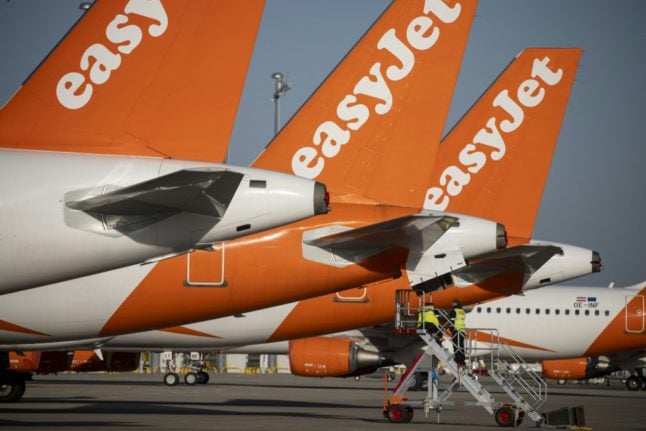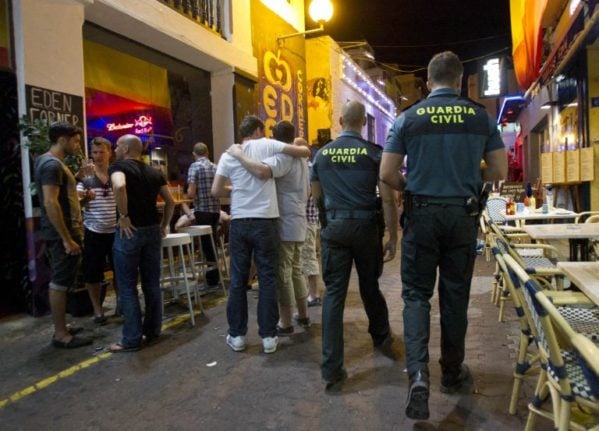Around 450 workers belonging to the Spanish branch of low-cost airline easyJet are set to go on strike in July 2022, the trade union representing them announced on Tuesday June 21st.
As things stand, easyJet staff are scheduled to go on strike July 1st, 2nd, 3rd, 15th, 16th, 17th, 29th, 30th and 31st.
It is yet to be confirmed whether this will mean that easyJet passengers booked to fly during those three weekends will see their flights cancelled.
According to airline representatives, “it is foreseeable that there will be some interruptions in our flight programme to and from Malaga, Palma de Mallorca and Barcelona during the strike period”.
The reasons given for the huelga (strike in Spanish) are the low wages that easyJet’s Spain-based cabin crew receive.
“Currently, easyJet crew members in Spain have a base salary of €950, which is €850 less than the base salary in France or Germany,” Miguel Galán, secretary general of USO, the union representing Málaga’s easyJet staff, told journalists on Tuesday.
The announcement comes just days after the trade union representing Ryanair’s Spain-based crew also called on workers to go on strike for six days on June 24th, 25th, 26th and 30th, as well as July 1st and 2nd, a stoppage which currently looks set to go ahead.
Ryanair’s staff in France, Portugal, Belgium and Italy have also announced they will join their Spanish counterparts and strike on June 24th, 25th and 26th.
READ MORE: What’s the latest on the Ryanair strike in Spain?
“We are very disappointed with this decision at such a critical time for the industry, especially as we have already made considerable progress towards a new collective agreement,” easyJet has said.
“We hope that instead of going in this direction, they (staff and unions) will return to negotiations with easyJet.
“We would like to continue the constructive dialogue with them”, sources from the British budget airline have indicated.
Talks at Interconfederal Mediation and Arbitration Service (SIMA) are scheduled for today Tuesday June 21st.
It has already proven to be a difficult summer for easyJet, with hundreds of flight cancellations due to a shortage of ground staff at key airports such as London’s Gatwick and Amsterdam’s Schiphol.
EasyJet has announced that between July and September it will only be able to operate 90 percent of its usual services in Europe.
It has not specified how many cancelled flights there will be or which ones, but the airline headed by Johan Lundgren has assured that it will notify affected passengers in time and offer them the possibility of making a new booking on alternative flights.



 Please whitelist us to continue reading.
Please whitelist us to continue reading.
Member comments